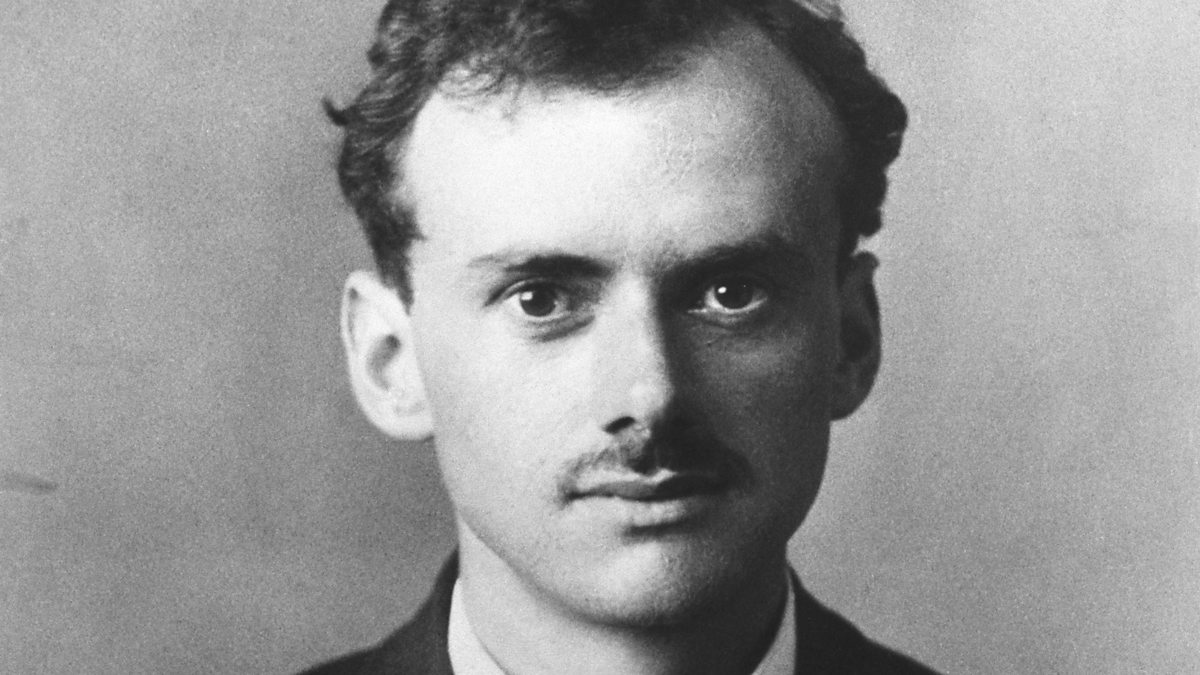Paul who? Well, he was a Brit (despite the name) a formidable mathematician, and he made major contributions to the understanding of quantum physics.
Melvyn Bragg and guests discuss the theoretical physicist Dirac (1902-1984), whose achievements far exceed his general fame. To his peers, he was ranked with Einstein and, when he moved to America in his retirement, he was welcomed as if he were Shakespeare. Born in Bristol, he trained as an engineer before developing theories in his twenties that changed the understanding of quantum mechanics, bringing him a Nobel Prize in 1933 which he shared with Erwin Schrödinger. He continued to make deep contributions, bringing abstract maths to physics, beyond predicting anti-particles as he did in his Dirac Equation.
Melvyn Bragg and guests discuss the theoretical physicist Dirac (1902-1984), whose achievements far exceed his general fame. To his peers, he was ranked with Einstein and, when he moved to America in his retirement, he was welcomed as if he were Shakespeare. Born in Bristol, he trained as an engineer before developing theories in his twenties that changed the understanding of quantum mechanics, bringing him a Nobel Prize in 1933 which he shared with Erwin Schrödinger. He continued to make deep contributions, bringing abstract maths to physics, beyond predicting anti-particles as he did in his Dirac Equation.


Comment